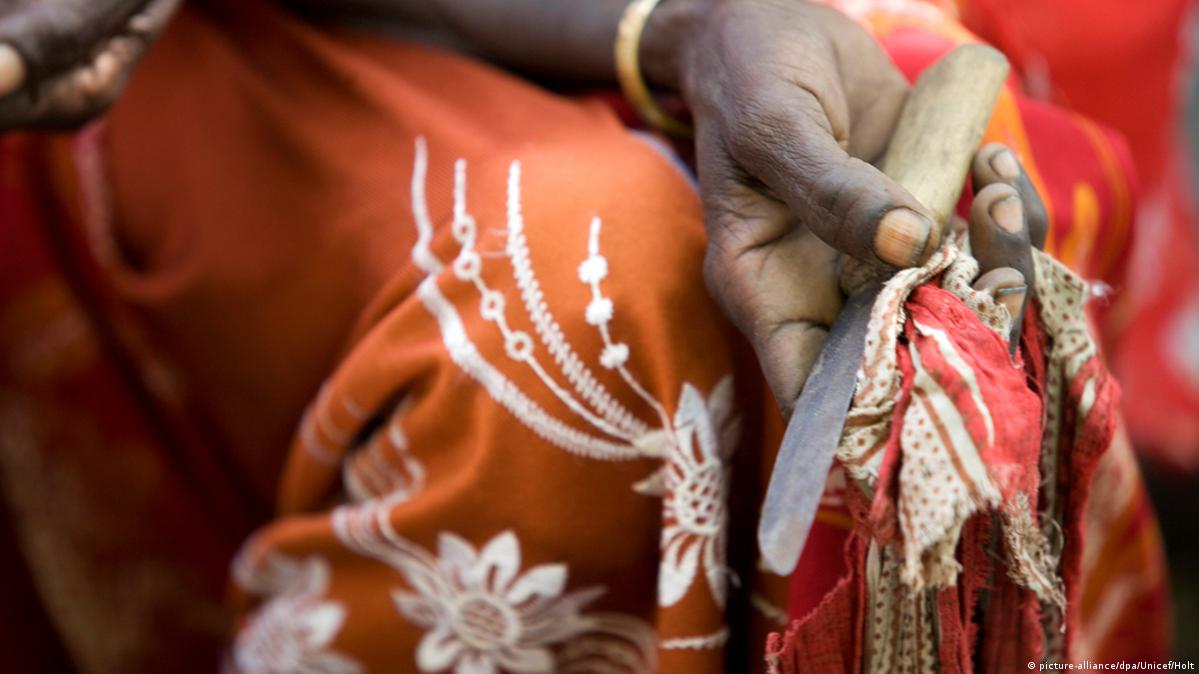FGM is seen as an essential component of a girl’s upbringing and preparation for maturity and marriage in the nations where it is practiced since it keeps the girl “virgin” and keeps her from being promiscuous. This is confirmed by the World Health Organization as a typical motivation for FGM.
In certain Asian and Middle Eastern nations as well as more than thirty African nations, female genital mutilation is a social practice.
These are the five nations where female genital mutilation is still carried out.
The source of all this information is the FGM/C Research Initiative:
1. The Indonesian
Over 90% of Muslims in Indonesia practice FGM, which affects 70 million women and girls and contributes 35% of the worldwide burden. But none of the Asian nations have laws that specifically forbid the practice, making it unlawful.
2. The Kingdom of Saudi
FGM is widely practiced in Jeddah and Hali, Saudi Arabia’s Al Qunfudhah Governorate, while being forbidden worldwide. Nonetheless, there is no explicit legislation prohibiting it in Saudi Arabia, and 18.2% of women—nearly one in five—self-reported having FGM/C, with 3.3% claiming ignorance.
3. The Yemeni
According to a study, the prevalence of FGM in Yemeni coastal areas was 79.8% among the youngest girls in the questioned families and 89.0% among women, with half of the men and two thirds of the women having little to no knowledge of the procedure’s negative consequences.
4. The Somali Republic
The world’s highest rate of FGM cases is seen in Somalia. The most severe type of female genital mutilation, Type III infibulation, has been performed on 98% of girls between the ages of 5 and 11. UNICEF according to statistics, at least 200 million girls from 31 different countries have had FGM.
5. Egypt
Egypt is home to a disproportionately high number of women and girls who have experienced female genital mutilation or cutting (FGM/C) worldwide. Egypt’s population of approximately 95 million people is highlighted by the startling fact that 87.2% of women in the country between the ages of 15 and 49 have engaged in this dangerous activity.
Sexual Abuse of Women in Africa
It is still done, despite being prohibited in some of these nations. In a great deal of others, the laws are either quiet on the subject or it is legal. These African nations still engage in female genital mutilation.
The Central African Republic, Benin, Burkina Faso, Cameroon, Chad, Cote d’Ivoire, Dijbouti, Eritrea, Ethiopia, Gambia, Ghana, Guinea-Bissau, Senegal, Sierra Leone, Guinea, Liberia, Mali, Mauritania, Niger, Nigeria, Tanzania, Togo, and Uganda
FGM is risky since it can result in severe bleeding, infections, cysts, urinary problems, difficult deliveries, and a higher chance of neonatal mortality. There are no health benefits for women and girls from it.






